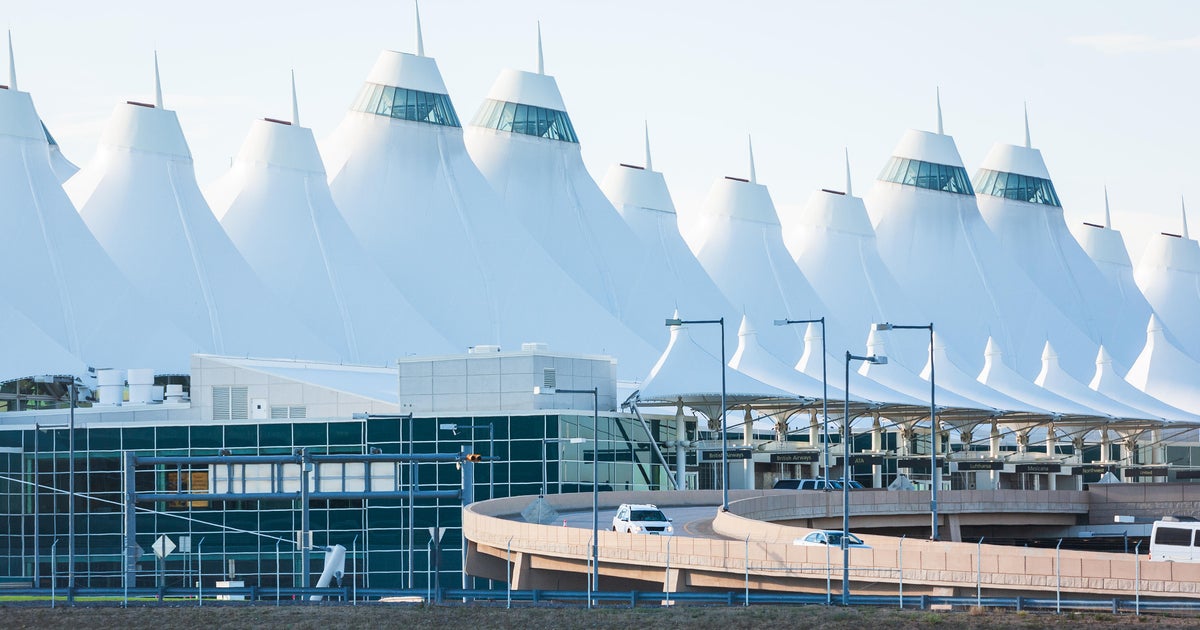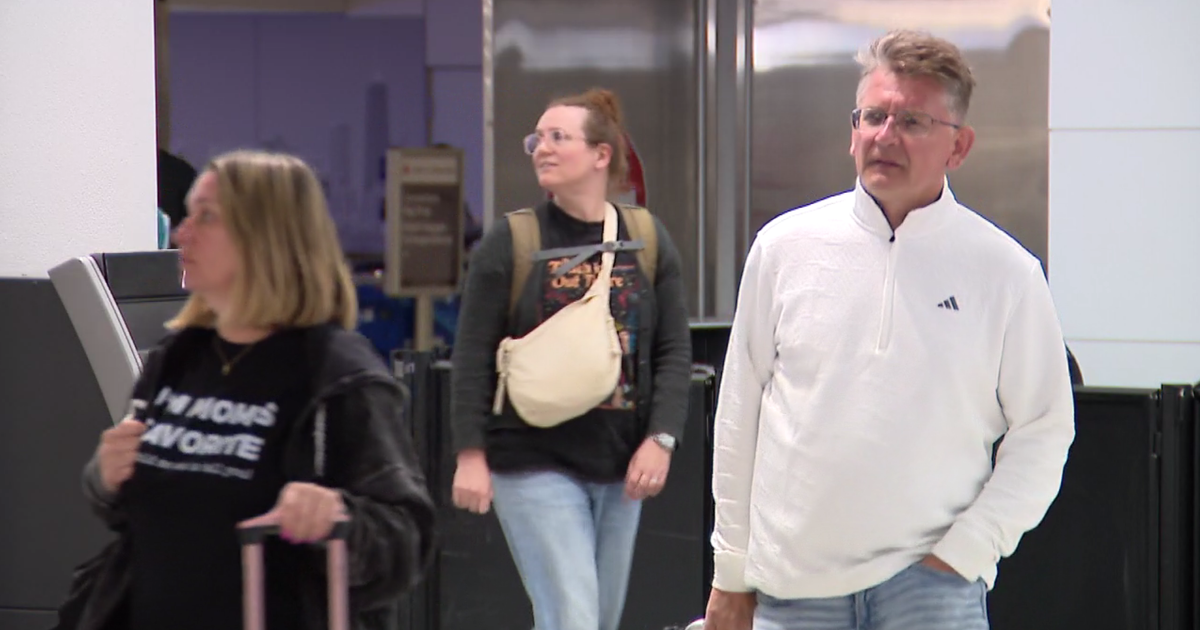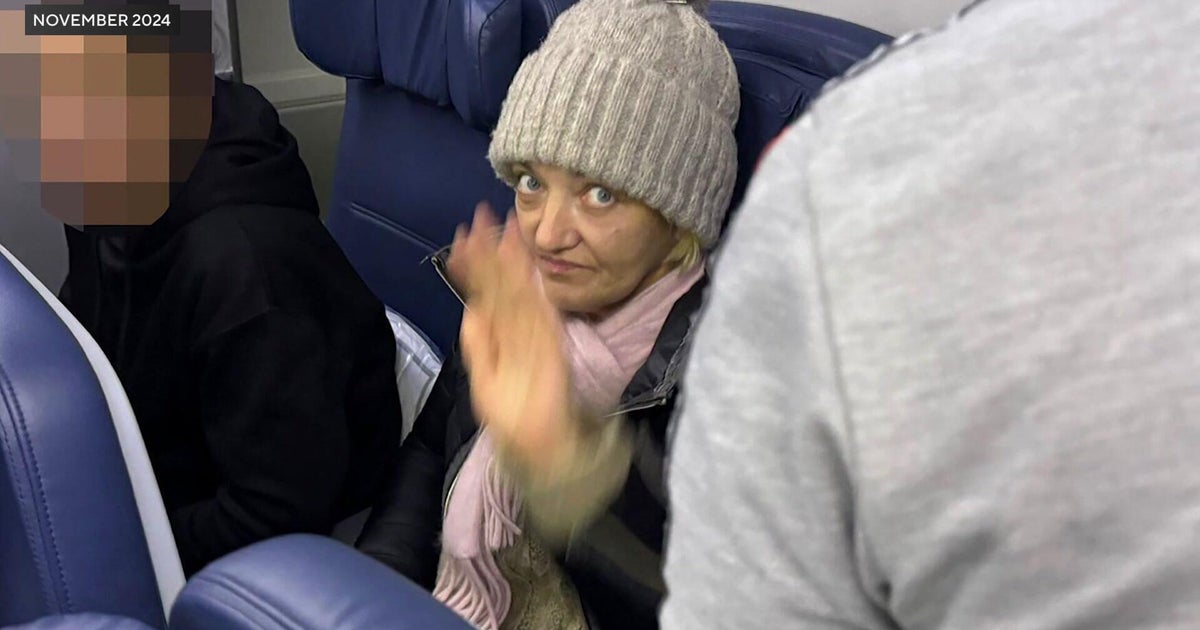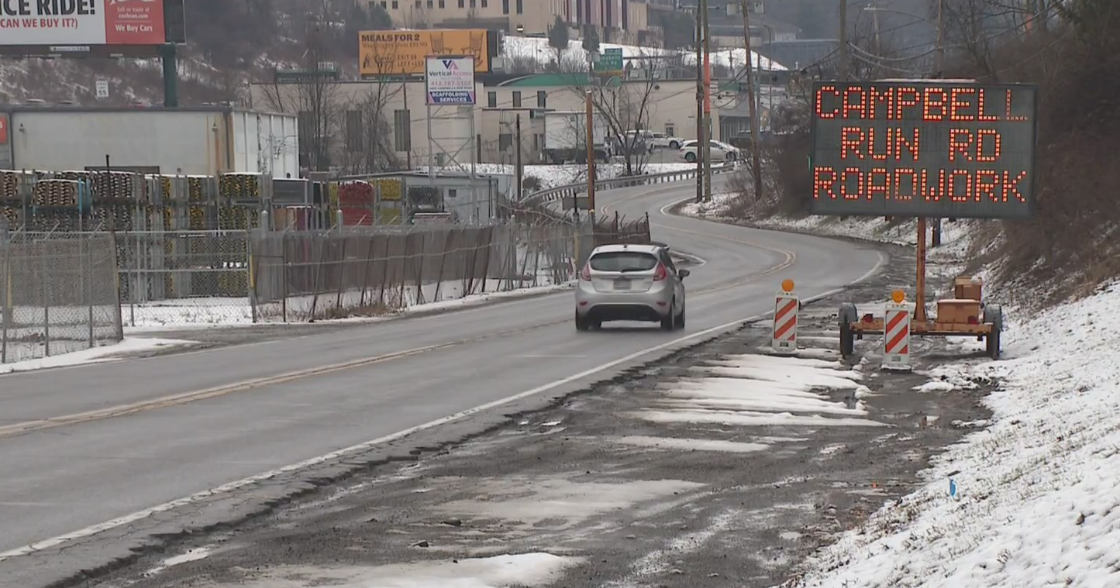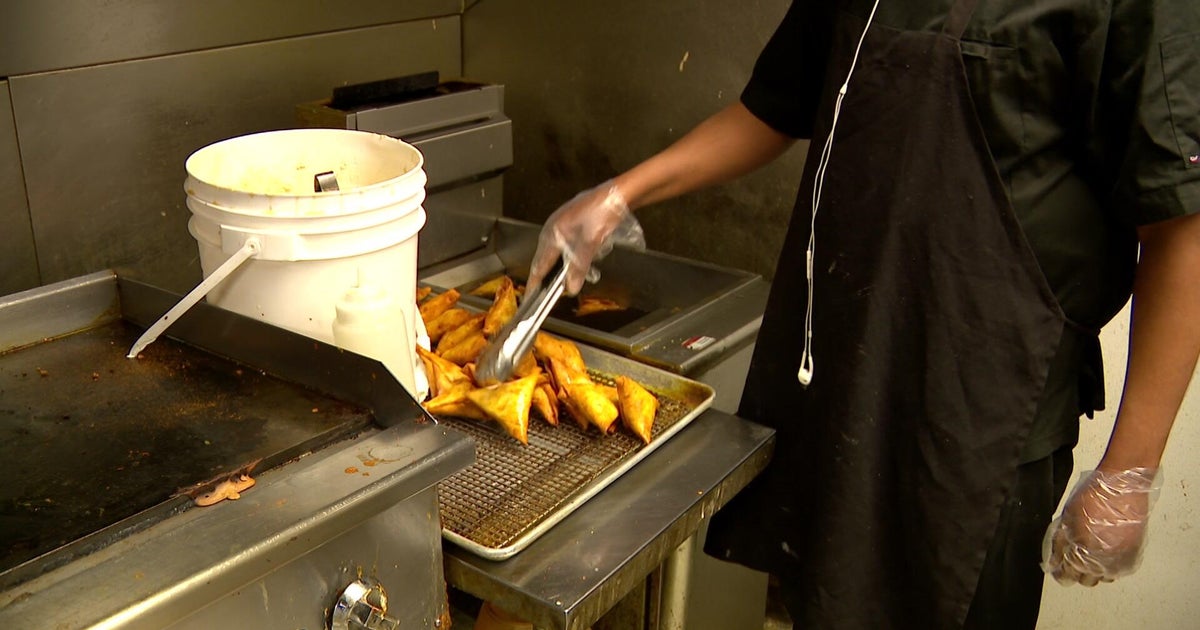Sequester Likely To Make Air Travel An Even Bigger Headache
STRATFORD, Conn. (CBSNewYork/AP) - Air travel could become the human face of the sequester, with long delays expected at airports across the country.
The government has no choice but to furlough air traffic controllers in the event of automatic spending cuts, raising the specter of widespread flight delays and runway closures, the Federal Aviation Administration chief told skeptical Republicans Wednesday.
FAA Administrator Michael Huerta told members of the House Transportation and Infrastructure Committee that one of two control towers at Chicago's O'Hare international Airport might have to be closed because there will not be enough controllers to meet minimum staffing levels. If that happens, Huerta said, the airport's north runway would be shut down, which would have a ripple effect around the country.
Sequester Likely To Make Air Travel An Even Bigger Headache
The spending cuts are scheduled to go into effect on Friday, but furloughs of air traffic controllers won't kick in until April because the FAA is required by law to give its employees advance notice. That will delay most of the impact of the spending cuts on air travel for at least a month.
The FAA is looking for ways to minimize the impact of the controller furloughs on travelers, he said. But Heurta added that the agency has little flexibility because it's required to apply the spending cuts evenly to each part of its budget, including the portions that pay for air traffic controllers, safety inspectors, and the technicians who maintain navigation beacons and other critical navigation equipment.
GOP lawmakers told Huerta the FAA ought to be able to find a way to accommodate cuts of about $600 million out of an annual budget of about $16 billion between now and the end of September. In response to a question from Rep. Sam Graves, R-Mo., Huerta acknowledged that the budget cuts would return the agency to its 2008 spending levels.
``We're not going back that far, the sky isn't falling,'' Graves said. ``We're not going to have any meteors hit because of sequestration.''
But Huerta said about 85 percent of the agency's 47,000 people work ``in the field,'' including 15,000 air traffic controllers. They're going to take the brunt of the cuts, he said, because the agency has little flexibility to cut contracts with the exception of contracts for the operation of control towers at small airports.
That didn't satisfy some lawmakers.
``This is the time to sharpen your pencil,'' Rep. Bill Shuster, R-Pa., chairman of the committee, told Huerta. ``We believe you have the flexibility within those lines of business to move money.''
Huerta has already notified the agency's employees that they should be prepared to be furloughed one or two days per bi-weekly pay period between April and September. The FAA is also planning to eliminate midnight shifts for air traffic controllers at 60 airport towers, close over 100 control towers at smaller airports and reduce preventative maintenance of equipment.
Transportation Secretary Ray LaHood has predicted that flights to cities like New York, Chicago and San Francisco could experience delays of up to 90 minutes during peak hours because fewer controllers will be on duty.
A report released Wednesday by the National Air Traffic Controllers Association estimated that furloughs will leave too few controllers to handle planes at Atlanta's Hartsfield International Airport, forcing the closure of one of its three runways.
Instead of 126 landings per hour, there would be only 96 landings, the report said. Hartsfield handles more passengers than any other airport in the world. Houston's Intercontinental and Chicago's O'Hare airports may also have to close runways, it said.
``What Congress and everybody needs to understand is that the world's busiest airport runs like a Swiss watch,'' said Victor Santore, the union's Southern regional vice president. ``If you slow down the arrival rate, the national airspace system will most certainly suffer. It takes hours to recover at Hartsfield.''
Many small airports operate without a control tower, but there are also a great deal with towers staffed by contractors.
They could be first to feel the sequester pinch, as air traffic controllers are to be among those cut.
WCBS 880's Paul Murnane reports that pilots are expected to treat those airports like other non-tower facilities and there are procedures in place.
But some, including Eric Hansen of the U.S. Travel Association, wonder about the loss of any assets in the crowded airspace over New York.
"Business travelers are gonna have a harder time getting into New York. People are gonna be less connected from their friends and families and that has a real impact on economic spending. That has a real impact on jobs," he told Murnane.
He said they're asking the public to contact their members of Congress and let them know that they're frustrated the sequester is going through.
Contractor towers, including the one at Sikorsky Airport in Connecticut, could be closed in April.
There does not appear to be any movement towards averting the sequester.
